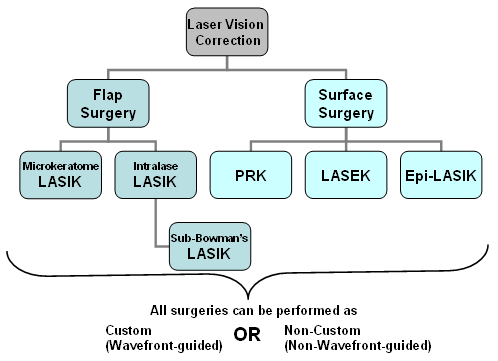Exactly How Does Lens Substitute Surgical Procedure Functions?

Content by-Funch Thomson
Lens Substitute Surgical procedure (also called refractive lens exchange) is a surgical procedure that replaces your eye's natural lens with a synthetic one.
It can remedy presbyopia, astigmatism, and nearsightedness or hypermetropia. It is also used to treat cataracts.
What is Lens Replacement Surgical Treatment?
Lens Replacement Surgical treatment is a procedure that replaces your all-natural eye lens with an artificial one. This is generally done as a treatment for cataracts or to remedy presbyopia, a condition that makes you need checking out glasses to see things close or at a distance.
Your eye's lens is made from healthy proteins as well as water that rest behind the student, focusing light onto your retina. As http://vicenta140garland.booklikes.com/post/5579818/this-write-up-aid-you-to-recognize-the-cataract-surgery grow older, these healthy proteins modification as well as parts of the lens beginning to turn cloudy.
This can make things look fuzzy or have a brownish tint. When https://writeablog.net/giuseppina524jerald/cataract-surgical-treatment-is-a-safe-effective-treatment-that-recovers-your have a cataract, your doctor can eliminate the gloomy part of your all-natural lens as well as change it with an artificial one.
The specialist will certainly pick the type of artificial lens to dental implant based on what will certainly function best for your requirements. There are lots of options, from monofocal lenses that concentrate at one dealt with distance to accommodative or multifocal lenses that have areas that help you see things at different distances.
Exactly How is Lens Replacement Surgery executed?
Refractive lens replacement (RLE) is a really quick and also secure treatment that only takes regarding 7 to 10 mins per eye. Throughout the procedure, your eyes are numbed with regional anaesthetic so that you do not really feel any pain.
After the numbing is applied, a premium artificial lens will certainly be placed into your eye. This lens can remedy long sightedness, brief sightedness and also analysis vision to decrease your dependancy on glasses or get in touch with lenses.
During your appointment, we'll perform a thorough eye exam to recognize the best lens alternative for your needs. We'll additionally offer therapy support to guarantee you're comfortable throughout the process and also your surgical treatment.
What are the advantages of Lens Replacement Surgical Treatment?
Lens replacement surgery removes the natural lens in your eye and replaces it with a premium fabricated intraocular lens that will correct your refractive error and boost your vision. Highly recommended Webpage is frequently carried out combined with cataract surgical procedure as well as can be done at a more youthful age to improve your vision and minimize the demand for cataract surgical treatment later in life.
The fabricated lens utilized in lens substitute surgical treatment is measured to fit your individual requirements and also can be monofocal for near emphasis, accommodative or multifocal to enable you to see in all ranges without glasses. This lens can likewise fix astigmatism, which is a condition where the cornea is much more football-shaped than round.
Most patients should notice a marked renovation in their vision quickly after the procedure. However, some individuals might experience blurry vision for a few days after surgical procedure. Throughout this moment, they are prescribed anti-inflammatories and also antibiotic eye goes down to assist ease the healing process.
What are the risks of Lens Substitute Surgical Procedure?
Lens substitute surgical treatment is a procedure that eliminates your eye's all-natural lens and also changes it with an artificial lens. This enables you to see clearly without the need for glasses as well as get in touch with lenses.
Nevertheless, there are some threats related to this treatment, including retinal detachment, infection, blood loss, and also severe inflammation (discomfort, soreness, and lowered vision). These difficulties are rare and can cause long-term loss of vision or loss of your eye.
An additional possible risk is the loss of corneal endothelial cells, which help to maintain your cornea clear. Having a dental implanted lens creates this to take place faster than typical, which might lead to an over cast cornea.

